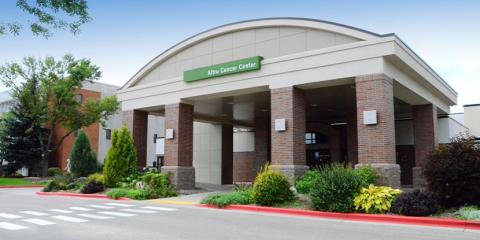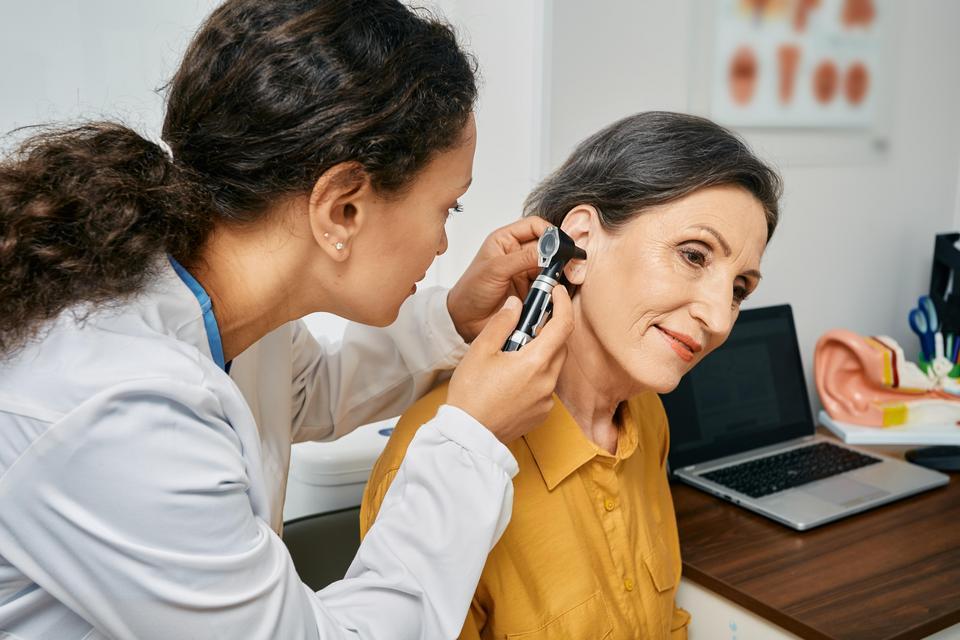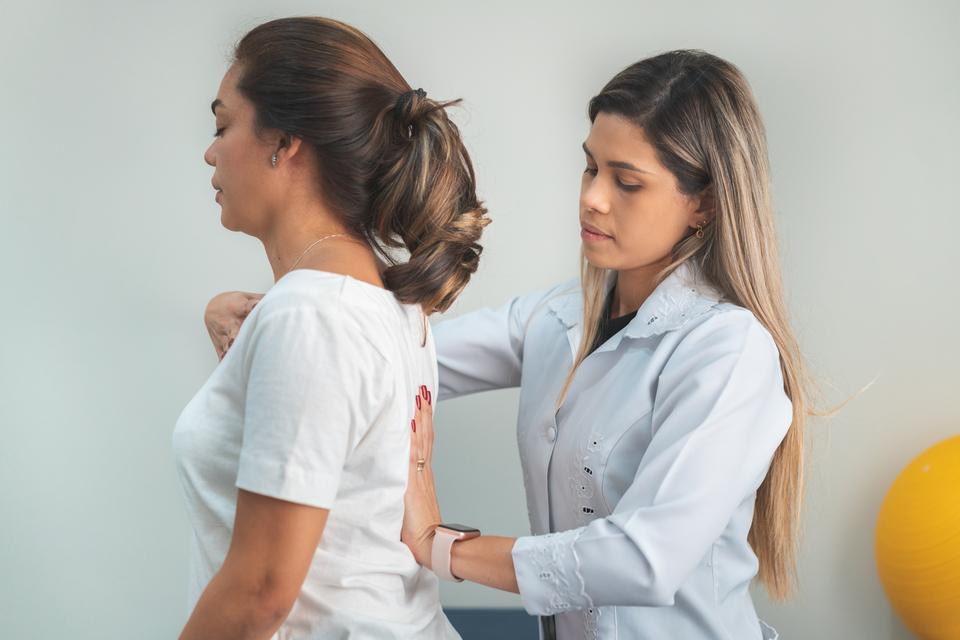Symptoms, Therapy and Treatment Options for Lung Cancer
Lung cancer is a serious diagnosis that requires expertise and compassionate care. Knowing the symptoms, therapy and treatment options for lung cancer available to you and your loved ones could save a life. Altru Cancer Center offers several types of cancer treatments and therapies, as well as preventive measures to help you live a healthy, happy and cancer-free life.
Altru Cancer Center providers also have access to experts at the world-renowned Mayo Clinic through the Mayo Clinic Care Network, giving you access to advanced cancer treatments and, in some cases, eliminating the need for you to travel far from home for lung cancer treatment.
What is Lung Cancer?
Lung cancer occurs when tumors form in the lungs—most commonly, in the cells that line the lungs’ air passages.
There are two main types of lung cancer: small cell and non-small cell.
- Non-small cell lung cancers are more common; approximately 8 out of 10 lung cancer cases are non-small cell lung cancers.
- Small cell lung cancers, sometimes called oat cell cancer, tend to grow and spread to other areas faster than non-small cell lung cancers.
Lung cancer is the No. 1 most common type of cancer (after skin cancer) and the leading cause of cancer-related death in men and women across the United States. Almost 25% of all cancer deaths are caused by lung cancer.
Lung Cancer Risk Factors
The most common risk factor for lung cancer is smoking. Smoking causes 80% to 90% of all lung cancer cases.
Other risk factors of lung cancer may include:
- Exposure to secondhand smoke, which may come from the smoke of a burning cigarette or the smoke exhaled by the person smoking. Secondhand smoke exposes you to smaller amounts of the same cancerous chemicals in cigarettes as smokers.
- Exposure to other hazardous chemicals, such as asbestos, in the home or the workplace
- Family history of lung cancer
- HIV infection
- Radiation exposure, such as radon in your home or workplace or some forms of imaging or radiation therapy
How to Prevent Lung Cancer
The earlier you began smoking, the more cigarettes you smoke per day and the longer you smoke all increase your lung cancer risk. For this reason, quitting smoking is one of the most important things you can do to reduce your lung cancer risk. Lowering your exposure to other harmful substances, such as asbestos and radon, can also help reduce your lung cancer risk.
If you’re ready to quit tobacco, our specialists are here to help. Call 701.795.2232 to set up an appointment with a specialist. Tobacco and nicotine dependency treatment is covered by most insurance companies. Contact your health insurance company to see if tobacco and nicotine dependency treatment is included in your health insurance plan.
Lung Cancer Symptoms
Symptoms of lung cancer may not appear until the cancer has advanced to later stages. Lung cancer symptoms may include:
- Chest pain
- Cough that does not improve or go away
- Coughing up blood
- Decreased appetite
- Difficulty swallowing
- Fatigue
- Hoarse voice
- Unexplained weight loss
- Swelling in the face, or swollen neck veins
Diagnosing Lung Cancer
As lung cancer symptoms usually do not appear until the cancer is at more advanced stages, lung cancer screenings can help find the cancer at its earlier, more treatable stages. Screenings are done with low-dose CT scans. They are performed yearly for patients who have no symptoms and are considered high-risk for lung cancer.
Speak with a primary care provider about referral for a lung cancer screening if the following statements apply to you:
- You currently smoke, or you have quit smoking in the past 15 years.
- You are between 50 and 80 years old.
- You have a 20-year pack history, meaning you smoke the equivalent of one pack a day for 20 years. Two packs a day for 10 years would equal a 20-year pack history.
If your provider sees something on your scan, he or she may also perform additional imaging tests, blood tests, lab tests or lung biopsies to diagnose lung cancer.
Lung Cancer Treatment
Treatments for small cell and non-small cell lung cancers are different, and treatments also depend on the stage and severity of lung cancer.
Common types of lung cancer treatment include:
- Chemotherapy, which can be used for both small cell and non-small cell lung cancers
- Radiation therapy, which can also be used for both types of lung cancer
- Targeted therapy, which uses drugs to block the growth of new cancer cells. This is often used for non-small cell lung cancer.
- Surgery, in which a doctor removes the cancerous tissue. This is used for both non-small and small cell lung cancer.
The oncology experts at Altru can help you navigate our services for lung cancer. Call 701.780.5400 to speak with someone on our team.











